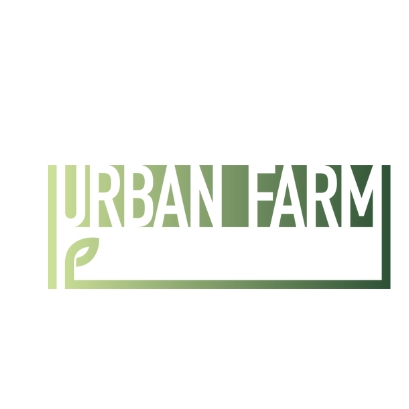The urbanite's guide to sustainable eating
Sustainable eating is a philosophy that emphasizes the importance of choosing foods that are healthful to our bodies and the environment. It involves considering the entire process of how food is grown, processed, transported, and consumed. The goal is to minimize environmental impact and ensure that food production can be maintained long-term without depleting resources.
As urbanites, our food choices have a significant impact on our health and the planet. The food system is a major contributor to climate change, deforestation, and water scarcity. By adopting sustainable eating practices, we can reduce our carbon footprint, support local economies, and promote biodiversity.
Strategies for Sustainable Eating in the City
One of the simplest ways to eat sustainably is to purchase locally grown produce. This reduces the carbon emissions associated with long-distance food transport and supports local farmers. Seasonal eating also plays a crucial role, as it ensures that you are consuming foods at their peak nutritional value and flavor, while also reducing the energy needed for storage and transportation.
Urban agriculture, such as community gardens and rooftop farms, is on the rise. By participating in or purchasing from urban farms, you contribute to the reduction of urban heat islands, improve air quality, and gain access to fresh, nutritious produce.
Food waste is a massive issue in urban environments. Composting, proper meal planning, and using leftovers creatively can significantly cut down on the amount of food thrown away. This not only saves money but also reduces the methane emissions from landfills.
Incorporating more plant-based foods into your diet is not only beneficial for your health but also for the environment. Plant-based diets require less water, land, and energy to produce compared to diets high in meat and dairy.
Implementing Sustainable Eating Habits
Planning your meals in advance can help you make more sustainable choices. It allows you to buy only what you need, reducing waste and saving money. Preparing meals at home also gives you control over the ingredients, ensuring they are fresh and sustainably sourced.
Food labels can be a valuable tool in making sustainable choices. Look for certifications like organic, fair trade, and local. These labels can help you identify products that align with sustainable practices.
Joining food co-ops, attending farmers' markets, and participating in community-supported agriculture (CSA) programs are great ways to engage with your community and support sustainable eating.
Challenges and Solutions for Urban Sustainable Eating
Living in the city can sometimes limit access to fresh produce. Urban farms, farmers' markets, and CSAs are excellent solutions to this problem, providing fresh options right in your neighborhood.
While sustainable eating can sometimes be more expensive, buying in bulk, choosing seasonal produce, and growing your own food can help mitigate costs.
Busy urban lifestyles can make sustainable eating seem time-consuming. However, meal prepping, using delivery services from local farms, and choosing quick and easy plant-based recipes can help fit sustainable eating into a hectic schedule.
Resources and Tools for the Urban Sustainable Eater
Technology can be a powerful ally in sustainable eating. Apps for finding local produce, planning meals, and tracking food waste are readily available and user-friendly.
There is a wealth of literature available to help educate on sustainable eating. Books and guides can provide in-depth information on the subject, offering tips and recipes for making sustainable choices.
Participating in workshops and events can enhance your knowledge and skills in sustainable eating. These opportunities often provide hands-on experience and connect you with like-minded individuals.






Comments (0)